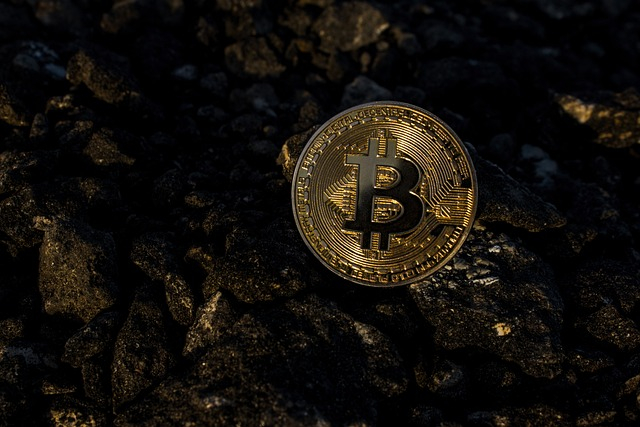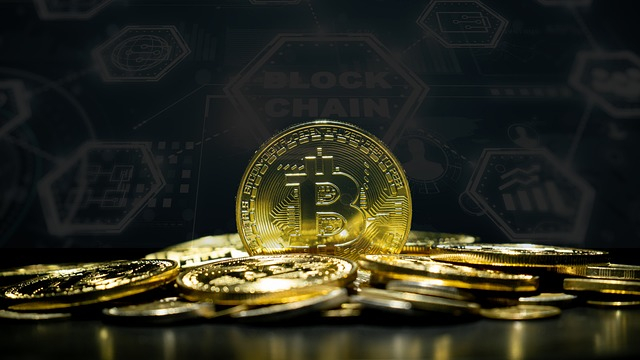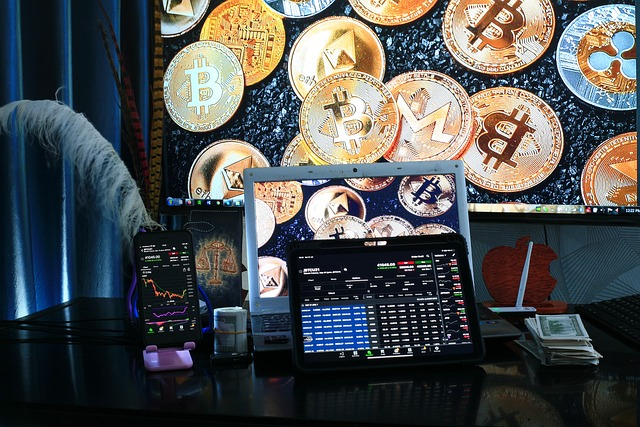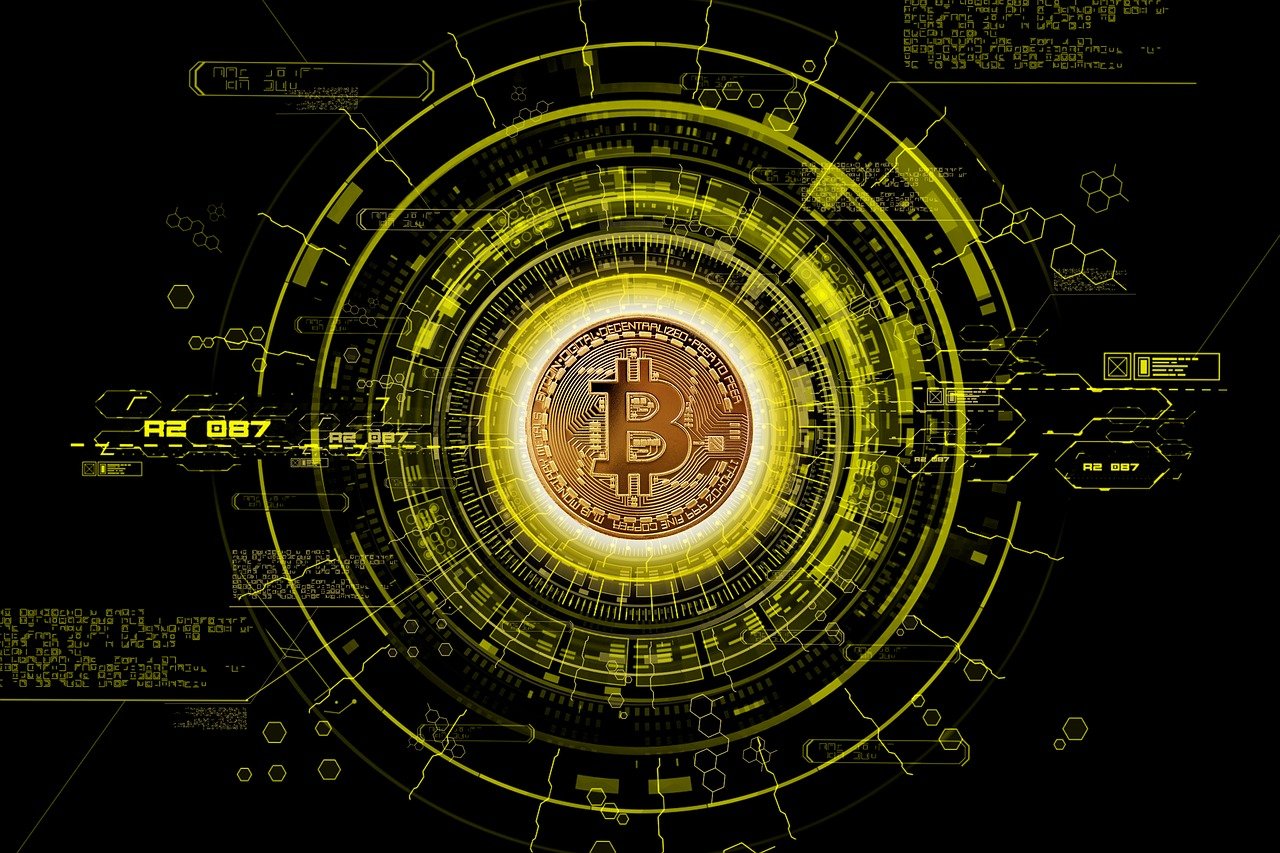Bitcoin and blockchain: What's the difference and why does it matter?
 In an era characterized by the inexorable march of digital innovation, the terms 'Bitcoin' and 'blockchain' have emerged as near-ubiquitous fixtures in the lexicon of the modern world. Yet, despite their seemingly inextricable association, the distinction between these two concepts often remains obfuscated, engendering misconceptions and misunderstandings. This article endeavors to demystify the relationship between Bitcoin and blockchain, elucidating the foundational underpinnings of each and highlighting the significance of their differences in the context of the broader digital economy. At its most elemental level, Bitcoin constitutes a digital currency that enables peer-to-peer transactions without the need for a centralized intermediary, such as a bank or financial institution. Launched in 2009 by the pseudonymous Satoshi Nakamoto, Bitcoin's primary innovation lies in its utilization of a decentralized ledger system, known as the blockchain, which undergirds the currency's functionality and ensures its security and transparency. Conversely, blockchain technology serves as the foundational infrastructure upon which digital currencies like Bitcoin are built. Essentially, a blockchain is a distributed, tamper-resistant ledger that records transactions in a sequential and transparent manner. This decentralized system relies on cryptographic techniques and a consensus mechanism to maintain its integrity and ensure that all participants in the network adhere to a common set of rules.
In summation, the distinctions between Bitcoin and blockchain are of paramount importance for those seeking to navigate the complexities of the digital economy. By elucidating the foundational underpinnings of each concept and highlighting their unique characteristics, we foster a more nuanced understanding of the transformative potential of these innovations. In doing so, we stand better equipped to harness the power of Bitcoin and blockchain for the betterment of our global society and the enrichment of our personal and professional lives. As we forge ahead in this rapidly evolving digital landscape, it is essential to remain adaptable, inquisitive, and open to the myriad possibilities that lie at the nexus of Bitcoin and blockchain technology. By embracing the spirit of innovation and fostering a deeper appreciation for the intricacies of these concepts, we can collectively usher in a new era of digital interconnectivity, characterized by greater transparency, security, and economic autonomy. Ultimately, the distinction between Bitcoin and blockchain is not merely an academic exercise, but rather a critical component of our collective ability to understand and adapt to the transformative potential of these technologies. As we continue to chart a course through the labyrinthine world of digital innovation, it is our responsibility to remain cognizant of the myriad possibilities that lie ahead and to embrace the spirit of curiosity and exploration that lies at the heart of the digital revolution. Article and video for topic: Bitcoin and blockchain: What's the difference and why does it matter?. Author: Jonathan Burroughs |





